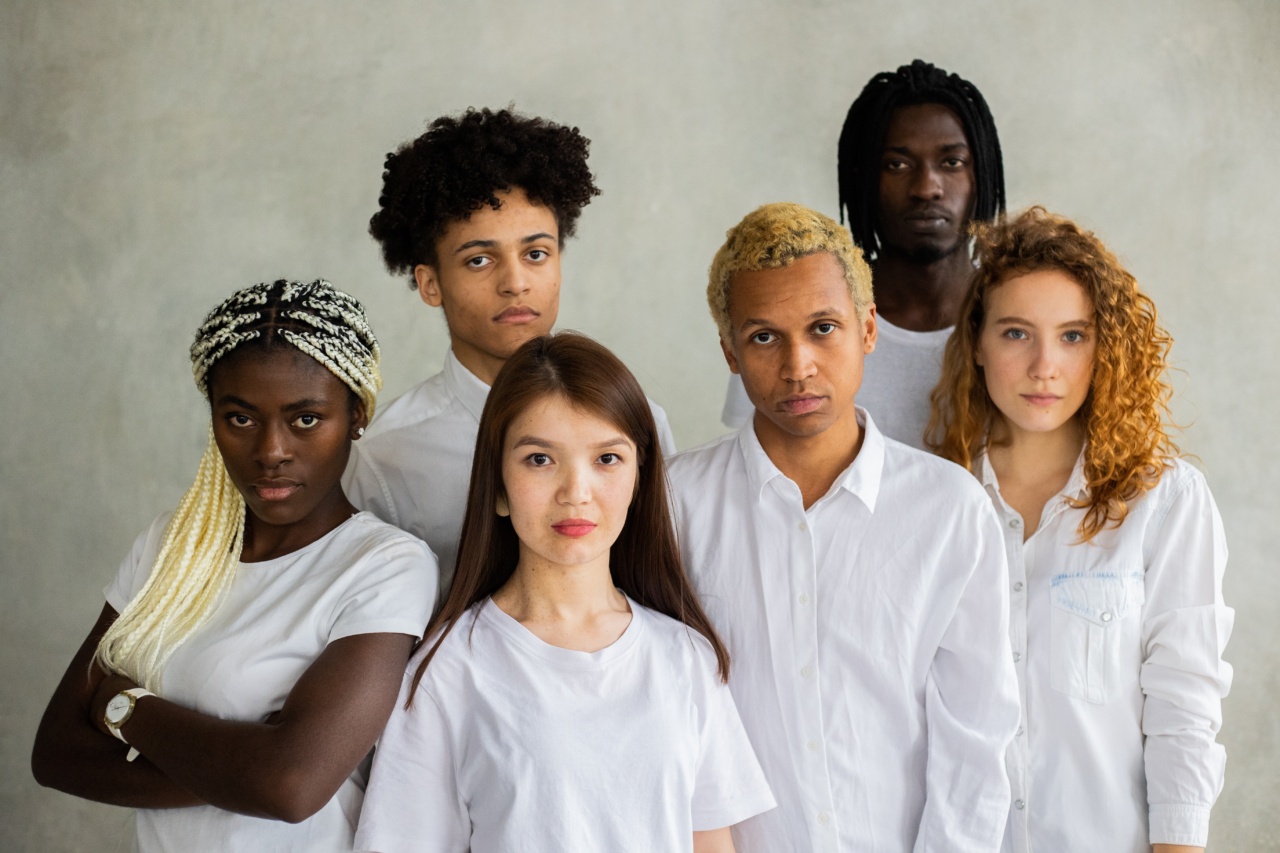Sexual expectations vary according to gender, cultural, and personal background. Men and women have different ideas about sex, love, and intimacy, which influence how they feel and behave in the bedroom.
In this article, we will explore the reasons behind these differences, and how they may affect sexual relationships between men and women.
Gender Differences in Sexual Expectations
Gender roles are deeply ingrained in our culture and affect the way we view and approach sex. Men are typically expected to be sexually assertive, dominant, and goal-oriented, while women are supposed to be more passive, receptive, and nurturing.
These expectations may shape sexual experiences, preferences, and desires.
For example, men may feel pressure to perform, please their partner, and demonstrate their sexual prowess, while women may feel pressure to be sexually attractive, submissive, and responsive.
Men may value sexual conquests, novelty, and variety, while women may prioritize emotional connection, intimacy, and communication.
Cultural Influences on Sexual Expectations
Sexual norms and values vary across cultures and can influence sexual expectations. Some cultures may emphasize sexual pleasure and exploration, while others may prioritize procreation, marriage, and fidelity.
These cultural expectations may affect how men and women view sex and how they express themselves sexually.
For example, in some cultures, men may be expected to have multiple sexual partners, while women may be stigmatized for their sexual behavior.
In other cultures, men and women may be expected to remain celibate until marriage or to engage in purely procreative sex. These differences may contribute to misunderstandings and conflicts between partners who come from different cultural backgrounds.
Personal Factors Affecting Sexual Expectations
Personal experiences and preferences also shape sexual expectations. Past traumas, insecurities, and health issues may affect one’s ability and desire to engage in sexual activities.
Personal preferences in terms of sexual practices, communication, and relationship dynamics may also influence sexual experiences.
For example, someone who has experienced sexual abuse may be more cautious and guarded during sexual encounters, while someone who values open communication and experimentation may be more likely to seek out new experiences and sexual partners.
These individual differences may contribute to sexual compatibility and satisfaction between partners.
How Different Sexual Expectations Affect Relationships
Different sexual expectations may cause conflicts and misunderstandings in relationships.
When one partner expects more or less sex than the other, feels pressured or neglected, or has different sexual preferences, it can lead to frustration, disappointment, and resentment.
For example, if a man is focused on achieving orgasm and views sex as a purely physical act, while his partner values emotional connection and intimacy, they may feel unsatisfied and disconnected from each other.
Or if a woman feels pressured into having sex before she is ready, she may feel resentful and reluctant to engage in sexual activities in the future.
However, differences in sexual expectations can also be an opportunity for growth and learning in relationships.
When partners communicate openly, respect each other’s needs and desires, and are willing to compromise and explore new possibilities, they can deepen their intimacy and connection.
Tips for Navigating Different Sexual Expectations in Relationships
Here are some tips for addressing differences in sexual expectations in relationships:.
- Communicate openly and honestly about your needs, desires, and boundaries.
- Listen to your partner’s perspective without judgment or defensiveness.
- Seek out help from a therapist or sex educator if necessary.
- Be willing to compromise and experiment with new things.
- Respect each other’s autonomy and consent.
Conclusion
Men and women have different sexual expectations due to cultural, gender, and personal factors. These differences can lead to conflict, but also provide opportunities for growth and learning in relationships.
By communicating openly, respecting each other’s needs, and being willing to explore new possibilities, couples can deepen their intimacy and connection.



























